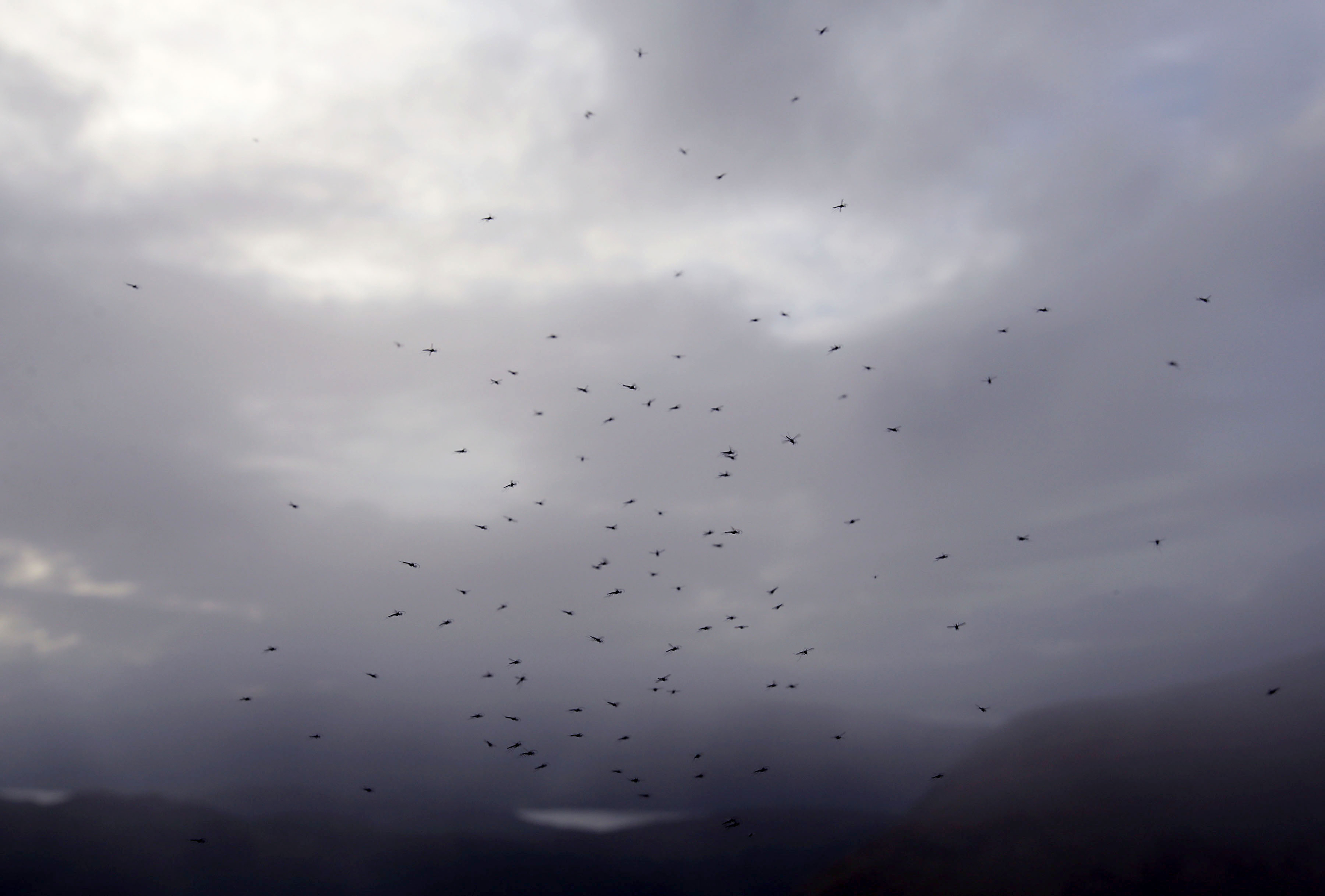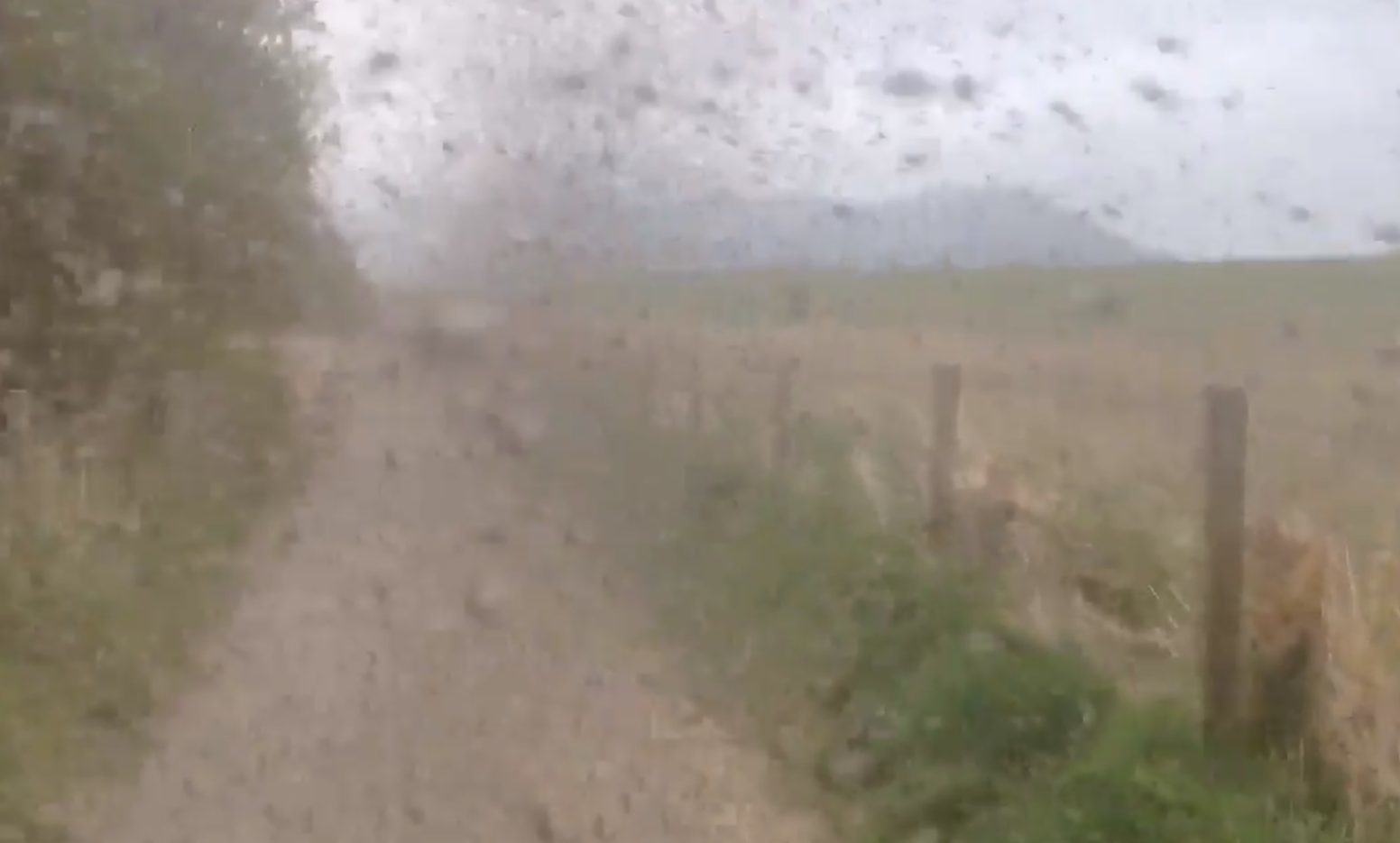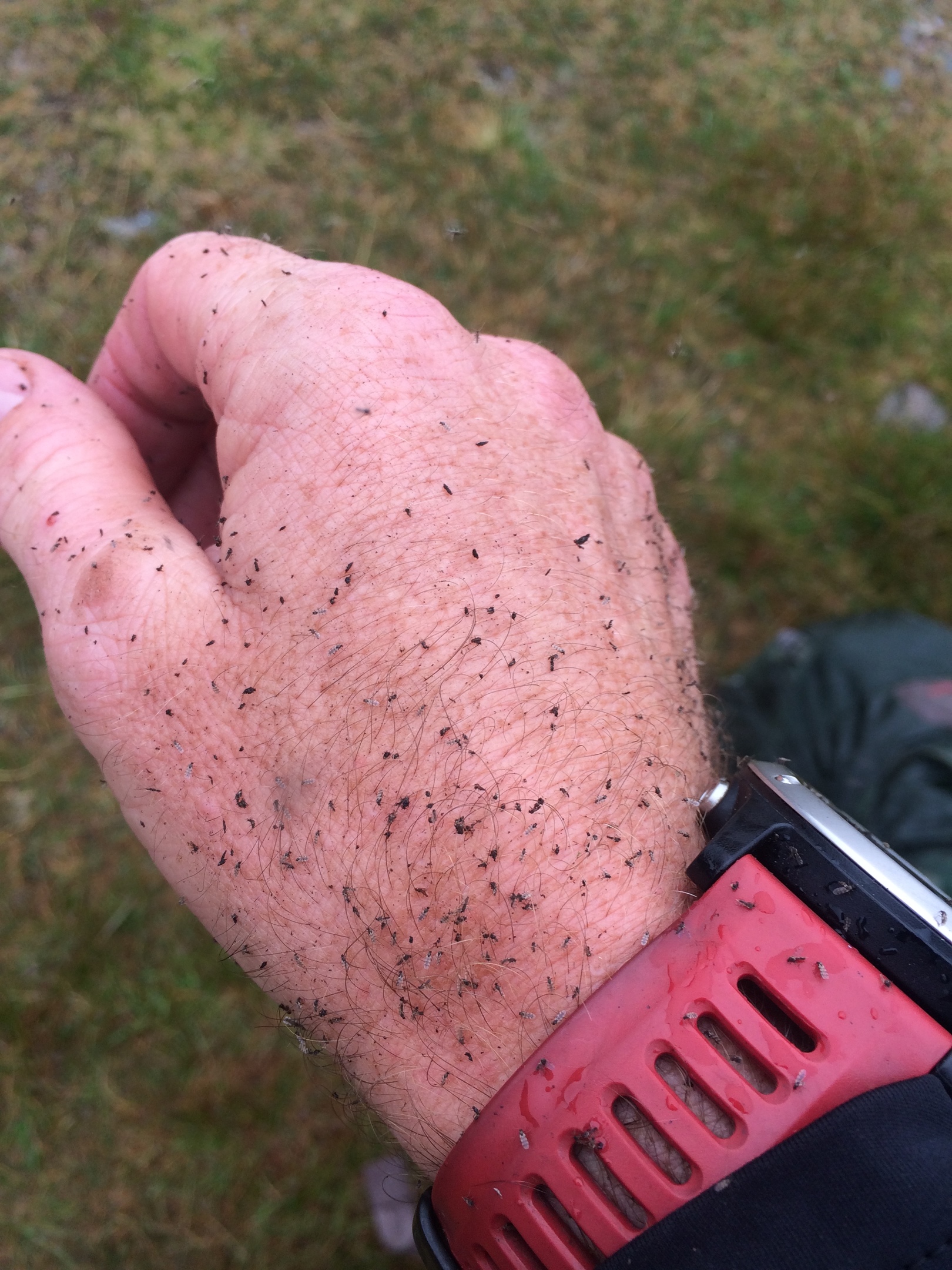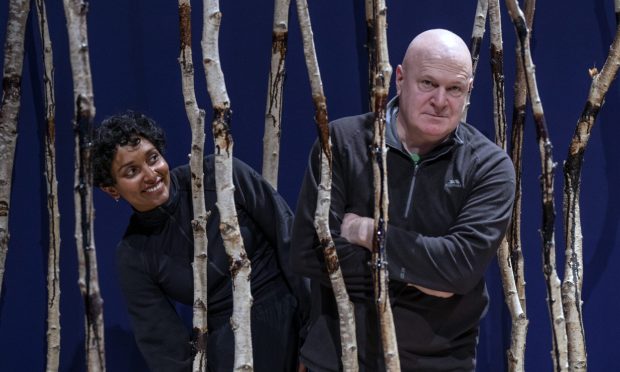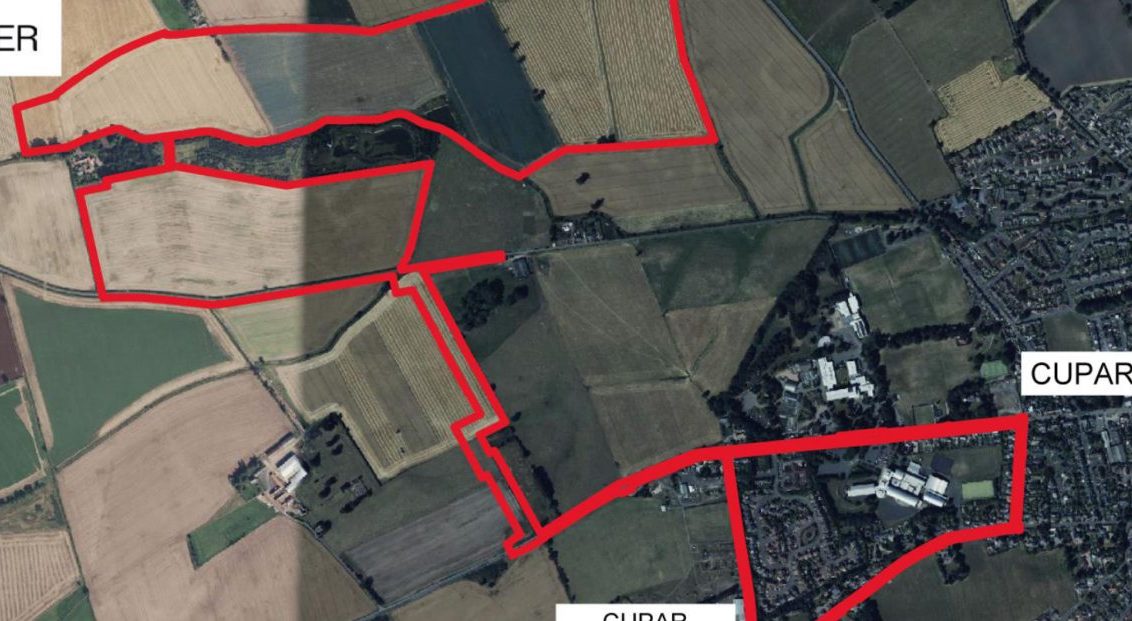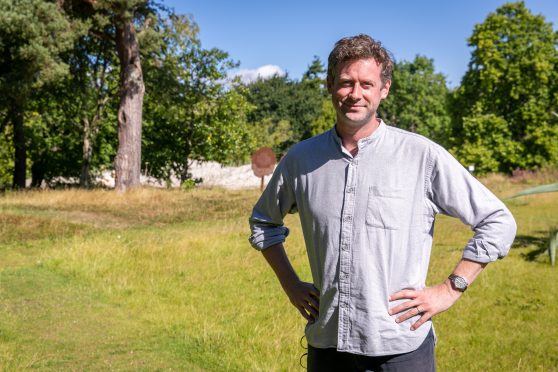The weather in Scotland has been so poor this summer it has led to an unexpected third hatch of midges – amounting to several billion more of the pesky insects.
Dundee expert Dr Alison Blackwell said numbers are up nearly a third on 2016 in what could be a record year for the notorious biting beasties.
It is the most significant increase in midges for five years with one trap near Glencoe catching a massive 30,000 extra every night in recent weeks, a clear sign of a third hatch.
Midges normally only hatch twice in the summer season – at the end of May and the beginning of July.
Dr Blackwell, the director of Dundee-based APS Biocontrol Ltd, which makes Smidge – said: “We don’t usually get large third hatches. But this is the most significant for about five years.
“The reason is quite simple – the weather. It may not have been a good summer for us but it has been perfect for midges – wet and warm.
“They don’t like long, hot, dry summers. They get dehydrated and die quickly. So this damp weather has been a godsend for them.
“Overall the traps are showing about 30 percent up on last year and we expect it to be a record year.
“The current numbers are similar to those recorded in our north west trap at Gairloch two years ago and mid-Argyll last year. But the difference is the high level is far more widespread throughout all the Highlands and Islands this year.”
However she added with the days getting cooler, the third generation of midges may only last a few more weeks.
Dr Blackwell runs the Scottish Midge Forecast, which estimated 139 billion midges would plague the country this year. Of this figure, the number looking for dinner was estimated at 21 billion. Only the female midges bite.
This means there was 44.8 million biting midges for ever resident of the Highlands and Islands.
She added: “I don’t think the third generation will increase the total that much – given the overall usual ‘resident’ numbers. It will have done a bit though.
“We think around 21 billion will seek a blood meal during the season. This year a few billion more with the large third hatch.”
